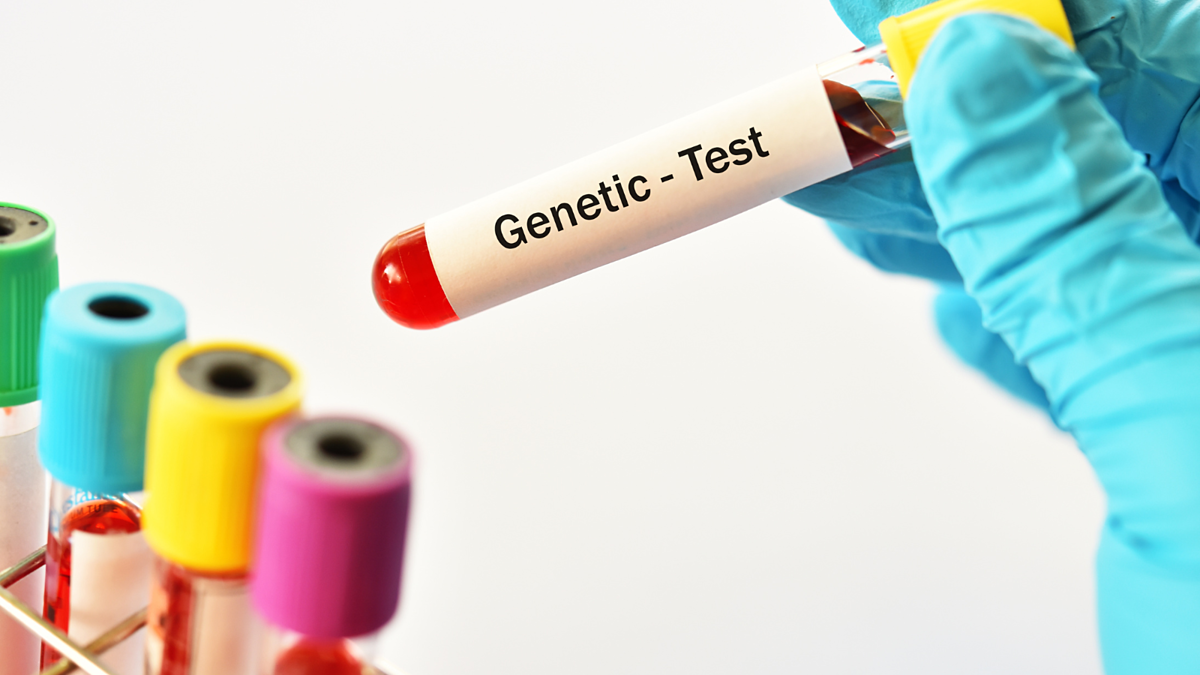The startup company Heliospect Genomics recently garnered attention for its service allowing affluent couples to screen embryos for IQ and other genetic traits, a technology sparking controversy in scientific and ethical circles.
According to an investigation by advocacy group Hope Not Hate, published by the Guardian, Heliospect has worked with more than 10 couples. The company uses a tool called a "polygenic score" to rank embryos based on desirable traits such as IQ, height, or disease risk. The cost to analyze 100 embryos can reach $50,000. However, many scientists and ethicists have warned that this technology is an ethical "minefield."
Katie Hasson, Associate Director of the Center for Genetics and Society in California, said the biggest concern is that this service normalizes the concept of "superior" and "inferior" genes. According to her, such technologies could reinforce the idea that social inequalities stem from biological differences rather than socioeconomic factors.
Michael Christensen, CEO of Heliospect, argues that genetic selection is the path to a better future. He once shared, "Everyone has the right to have healthy, intelligent children, free from disease. That's a wonderful thing." However, the involvement of Jonathan Anomaly, a proponent of "libertarian eugenics," has intensified criticism. His view that parents should have the right to "improve" their children's prospects has been met with concerns about perpetuating discriminatory ideologies.
 |
Startup company Heliospect Genomics offers a service to select genes for high IQ in embryos. Photo: Pexel |
Startup company Heliospect Genomics offers a service to select genes for high IQ in embryos. Photo: Pexel
One of the most contentious issues is Heliospect's use of data. The company draws data from the UK Biobank, a public genetic repository with information from 500,000 British volunteers. While the UK Biobank was initially created for research benefiting the public, its use for embryo selection has prompted calls to reassess ethical criteria for data sharing. Professor Hank Greely of Stanford University even suggested that the UK government needs new control measures, especially since embryo selection based on IQ is illegal in the UK but not in the US.
Another key point of the debate revolves around the nature of intelligence itself. Scientific studies have shown that intelligence has a genetic component, but it is the result of the interaction of thousands of genes, each playing a small role. Databases like the UK Biobank have helped identify links between genes and educational attainment, but experts warn that the ability to improve IQ through embryo screening remains controversial. The concept of a "polygenic score" is probabilistic, not a guarantee of results. Moreover, environmental factors such as education and family also play a significant role, potentially outweighing genetic influences.
Professor Dagan Wells of the University of Oxford expressed concern: "Do we really want to experiment with this?" He believes the public has not yet had the opportunity to fully and democratically participate in the discussion on this issue.
The Heliospect story evokes a disturbing vision of a genetically stratified society, reminiscent of the science fiction film "Gattaca," where genetically selected individuals have a distinct advantage over those conceived naturally.
Some critics have compared this screening to breeding livestock, a process that, while producing desirable traits, can also lead to unforeseen consequences, such as "super chickens" bred for increased productivity becoming aggressive. This highlights the complexity and unpredictability of applying genetic selection to complex traits like intelligence.
Although Heliospect claims to comply with the law and is committed to transparency, the technology still carries profound social and ethical implications, requiring society to engage in a serious dialogue about the limits of genetic intervention, experts say.
Thuc Linh (Guardian, Economic Times)












